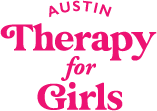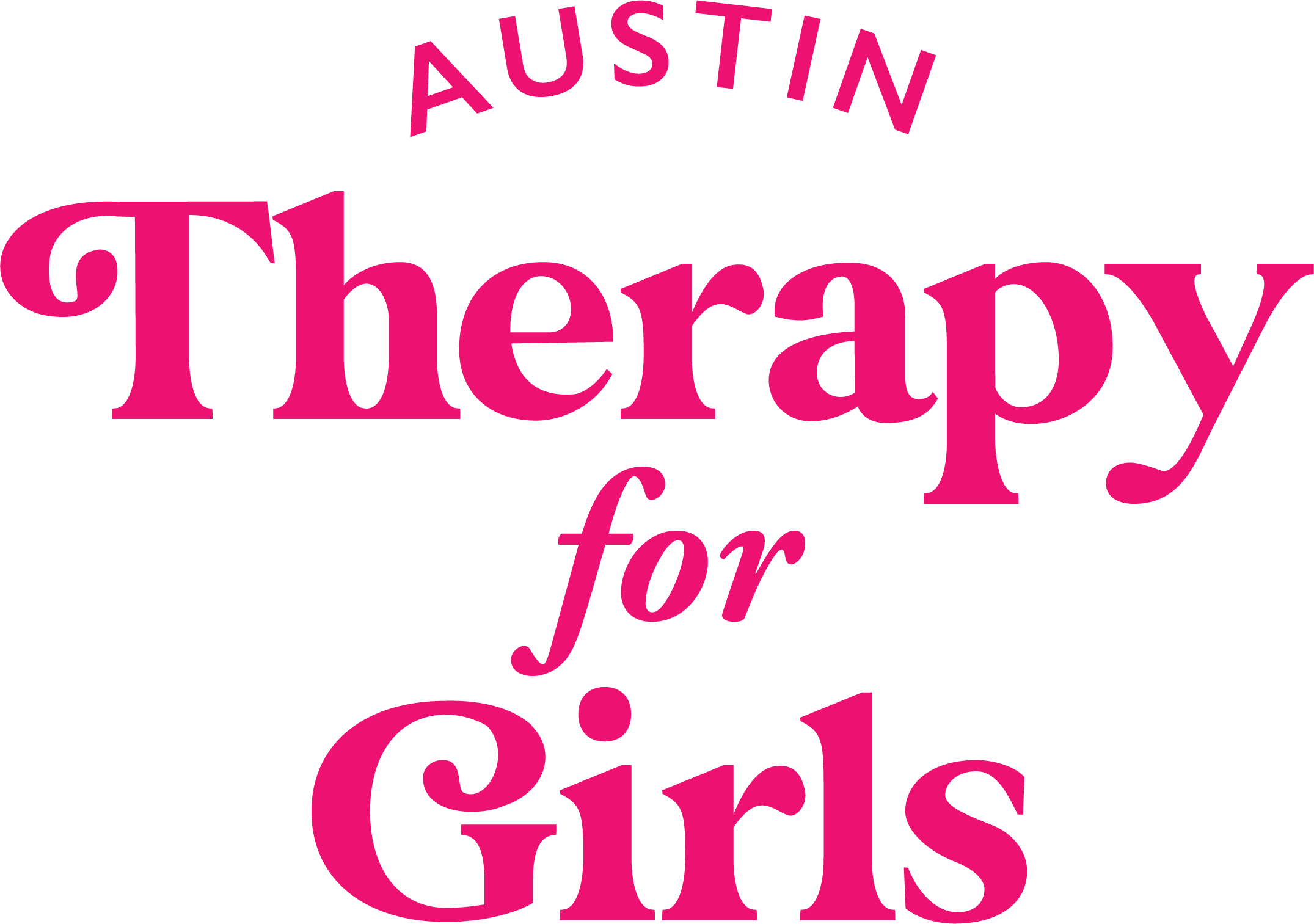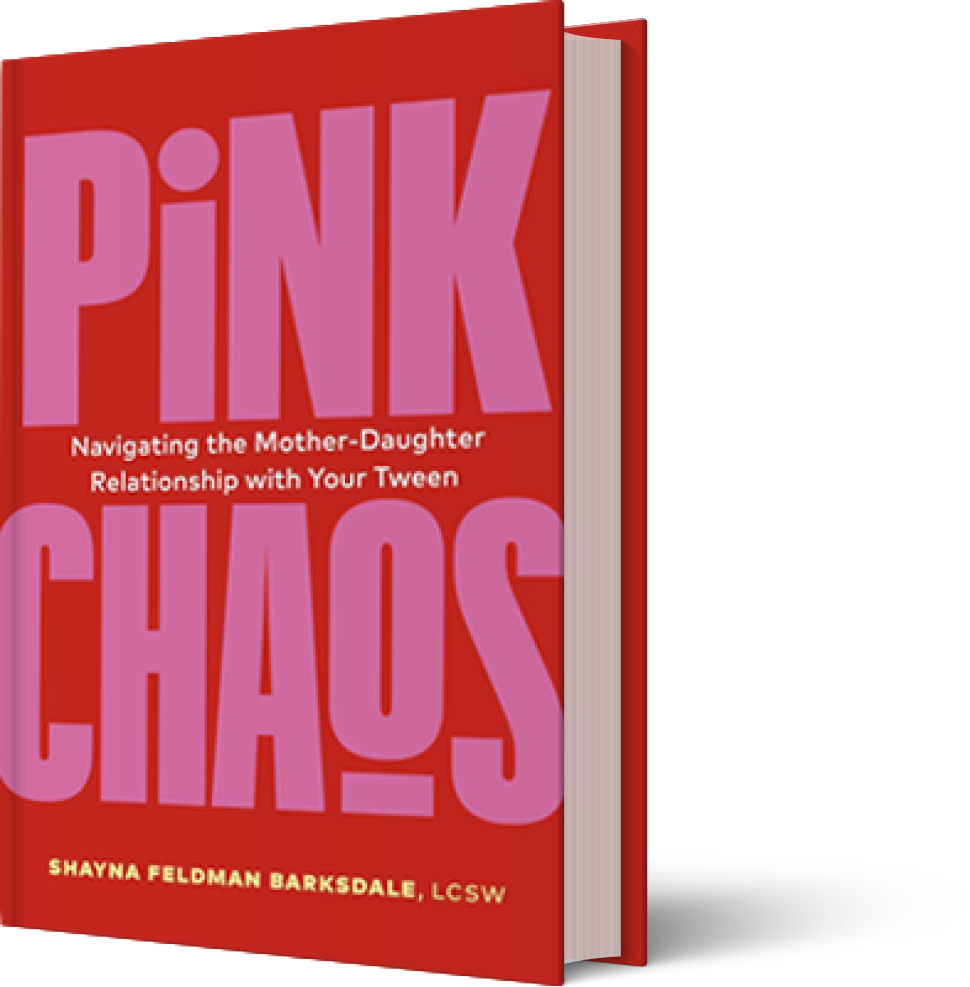Fact Sheet for Parents and Teachers
Depression is the most common mental health disorder in the United States among teens and adults. Depression in girls is twice as common in boys and often starts at an early age. Research tells us that girls sense of confidence and self-esteem peak at age 9 and it is more important than ever to address early signs of depression.
Most Common Signs and Symptoms of Depression in Girls
- Change in Sleeping /Eating HabitsFeelings Sadness and Despair
- Low Self-Esteem
- Lowered School Performance
- Guilt and Shame
- HopelessnessLoss of Energy
- Irritability and Anger
- Poor Concentration
- Isolation and Withdraw
How Depression can look different in girls:
- Irritability and angry mood will be more predominant instead of sadness. Teens report feeling sad and don’t know why, outwardly they will often show feeling of anger and moodiness.
- Unexplained physical ailments tend to show up more so in girls, most common complaints are headaches and stomachaches, look for frequent visits to nurse’s office etc.
- Extreme sensitivity to criticism and feeling left out frequently. Girls with depression feel worthless and that they are “not good enough” which can often lead to thriving for perfection and being unable to deal with small mistakes.
- Withdrawal from social situations is not as common with teenage girls. You might encourage girls to try something new and get some exercise.
- Girls with depression also have an increase of risk for other mental health disorders such as substance abuse, eating disorders and one of the highest rates of suicide in adolescents is Latina females.
What can I do as a teacher/parent to help girls with depression?
Moodiness and Irritability are a normal phase of adolescents, however, if you see some behavioral signs of depression please contact your student support counselor or social worker at your local school.
Research shows that compliments actually demotivate girls so be careful how you praise girls and make sure to encourage healthy body image and positive self-esteem in a real and accepting way.
Children and adolescents are sponges so be sure to role model healthy self-care.
If you notice 5 or more of the mentioned symptom, please contact a licensed mental health professional and schedule an assessment.
Teachers are often the first to notice changes in children and adolescents, take time to email your child’s teacher and keep lines of communication open and positive.
Recent research suggests that girls are more likely to cyber bully than boys and often is it through text.
Make sure girls know when to turn off technology and how to deal with negative comments.
Positive self-talk has been effective in reducing teen girls depression in clinical studies. Encourage your daughter/student to think of a stop sign when they begin thinking negative thoughts about themselves.
Download the Depression & Girls Fact Sheet for Parents and Teachers.




